
In the southwesternmost part of Zhejiang Province, on the border between Zhejiang and Fujian, there is a village named XITOU Village (溪头村) that has recently gained international attention.
On November 15, at the 122nd session of the Executive Council of the United Nations World Tourism Organization (UNWTO), the list of the 2024 “Best Tourism Villages” was announced. From over 260 candidate villages across 60+ countries worldwide, XITOU Village stood out.
News of this immediately went viral on major domestic media platforms such as People’s Daily and Xinhua News Agency, as well as on social media abroad. To know how significant this is, the “Best Tourism Villages” is the highest honor in global rural tourism. Only seven Chinese villages made the list this time, and XITOU Village, as the only village from Zhejiang Province, was one of them.
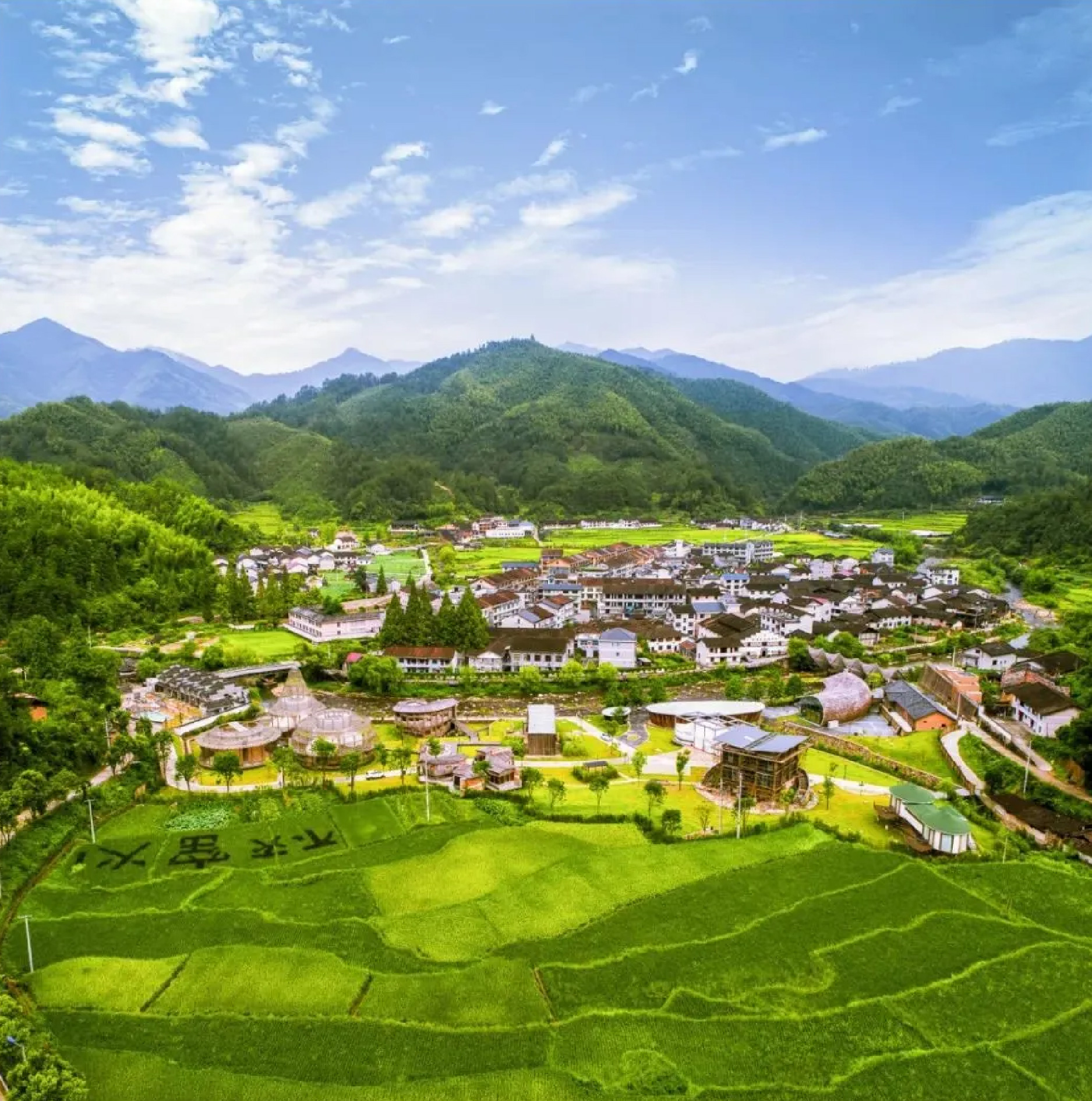
|
Birdview of XITOU Village (溪头村). Photo credit: Lishui.com |
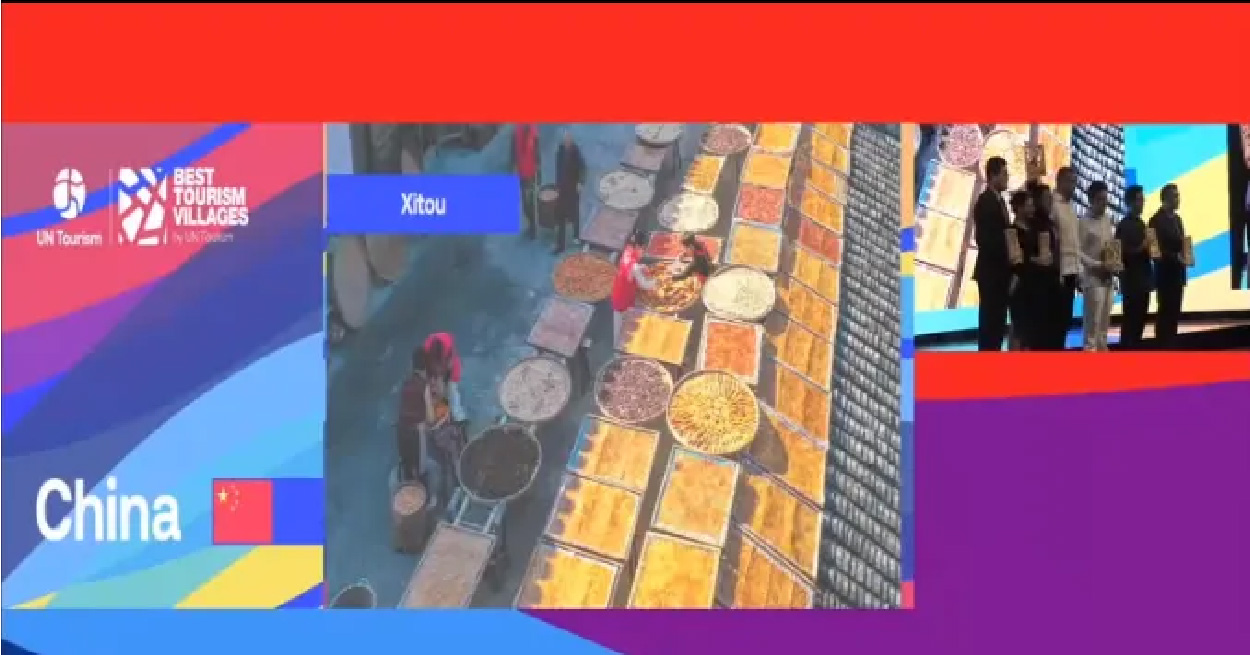
|
Scene from the “Best Tourism Villages” award ceremony |
This recognition caught many by surprise due to the village’s remote location. However, the key factors cited include XITOU Village (溪头村)’s intangible cultural heritage—especially the Longquan Celadon (龙泉青瓷) traditional firing technique—and its unique “Ever-Burning Kiln Fire” (不灭窑火), as well as the collective efforts of the villagers to preserve and innovate cultural traditions.
|
“ |
The key lies in XITOU Village possessing the ‘Ever-Burning Kiln Fire’ (不灭窑火), ‘First Battle Spirit’ (第一仗精神), and ‘One Village Spirit’ (一村人精神)!” says Prof. WU Maoying (吴茂英), Chair of the Department of Tourism and Hotel Management at Zhejiang University’s School of Management (you can learn more about Professor’s background and academic interests here) and one of the first provincial-level “Culture Envoys” in Zhejiang Province, who has been assisting XITOU Village (溪头村) since early 2024. |
Prof WU led a team of faculty and students to interpret the UN Sustainable Development Goals and the application criteria for the “Best Tourism Villages,” polishing more than 100 application materials for XITOU Village, and continued to provide insight and solutions for the sustainable development of the village’s cultural tourism industry.
|
“ |
Being selected as one of the world’s ‘Best Tourism Villages’ is absolutely deserved for XITOU Village. The result did not come easily, but it was within my expectations, because the practice of the village is a vivid illustration of the United Nations Sustainable Development Goals.” |
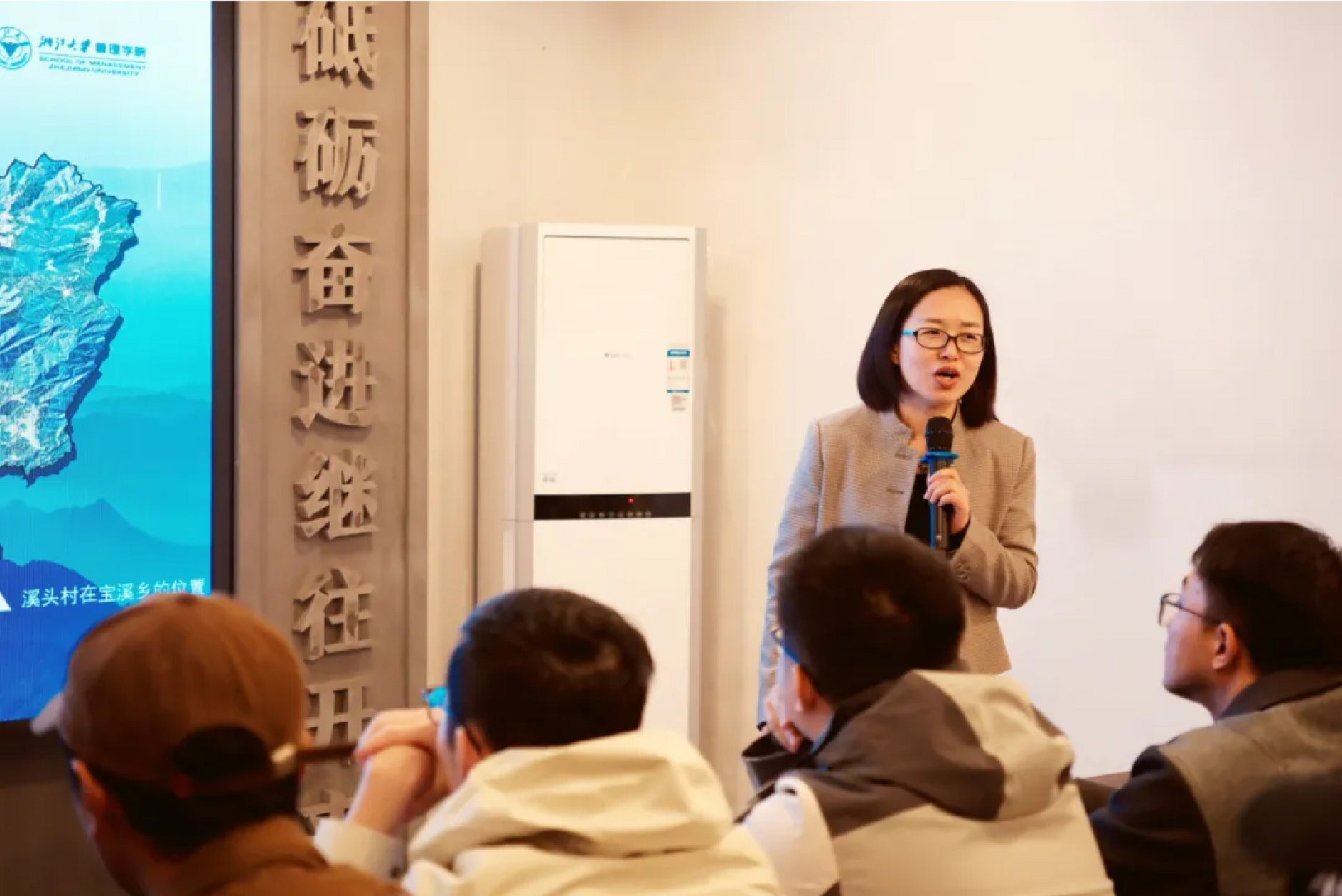
|
Prof. WU Maoying (吴茂英) teaching in XITOU Village (溪头村) |
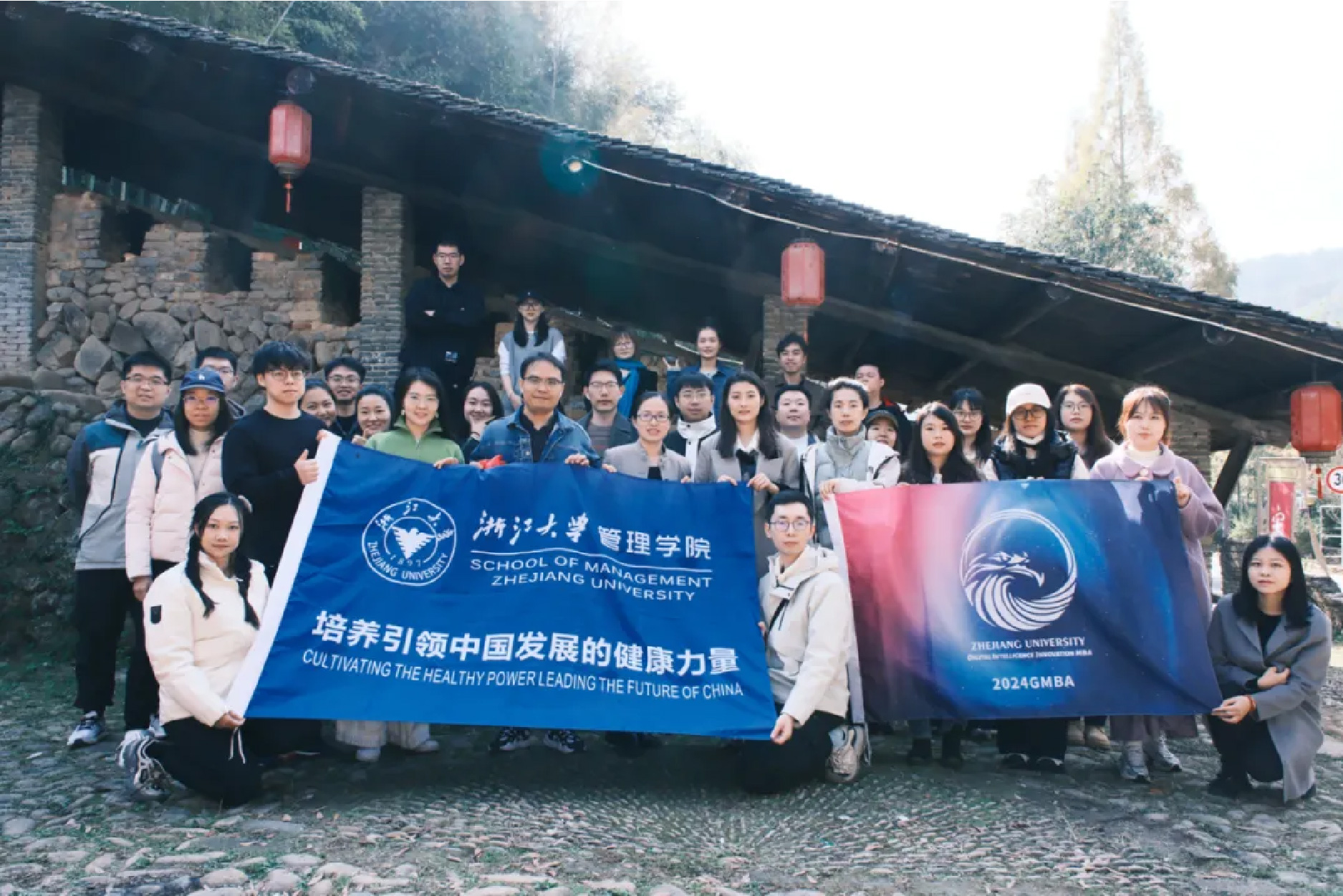
|
Zhejiang University 24th Global MBA Longquan Study Project Team |
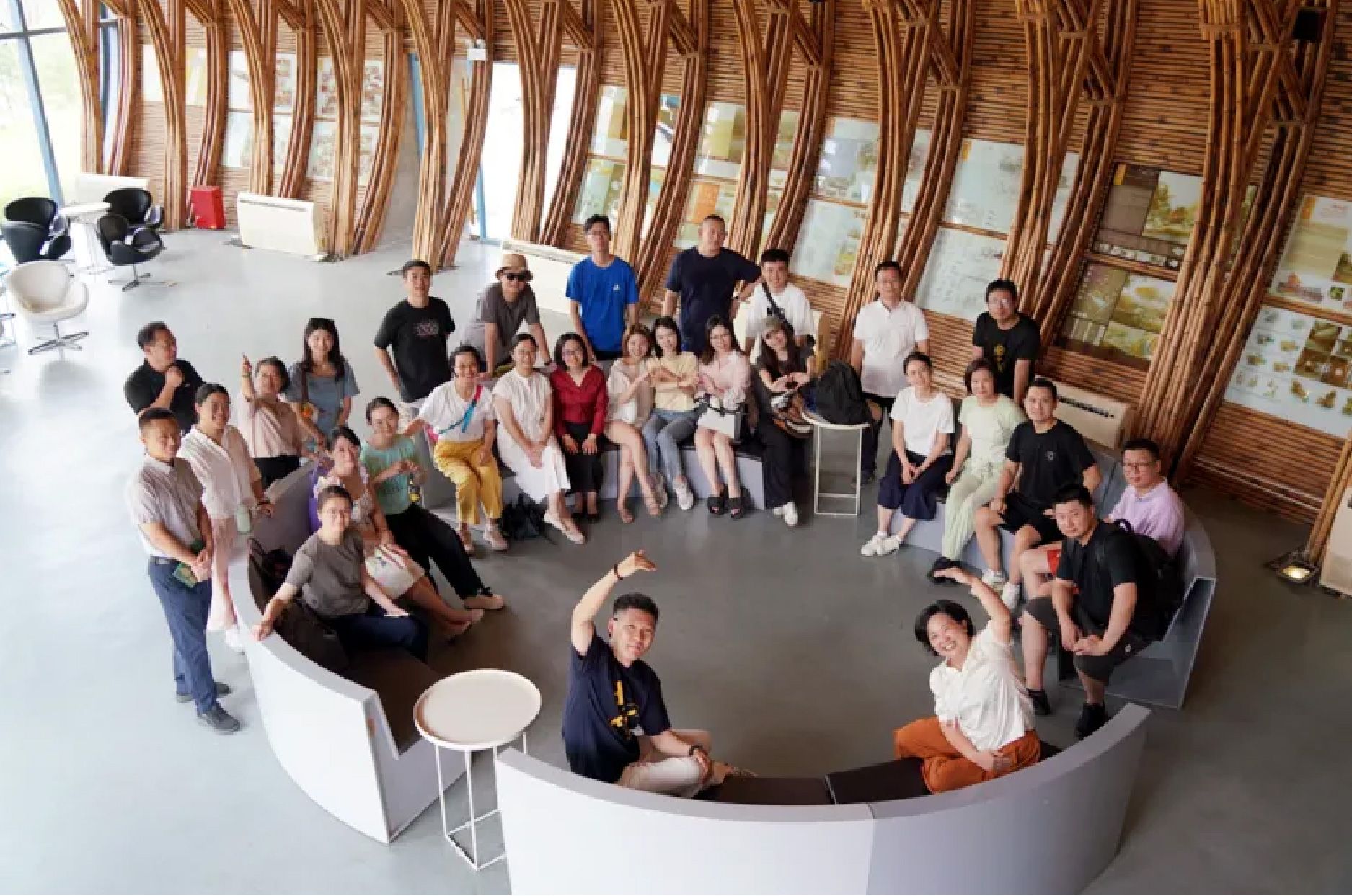
|
WU Maoying led students to Xitou Village to conduct cultural research |
|
“Ever-Burning Kiln Fire” and Cultural Heritage |
XITOU Village is located in Baoxi Township, Longquan City, Lishui. It retains the centuries-old Longquan Celadon (龙泉青瓷) firing technique in its original form. As the modern inheritor site of this UNESCO-listed intangible cultural heritage, XITOU Village (溪头村) has been continuously firing Longquan Celadon (龙泉青瓷) since the Qing Dynasty’s Daoguang era. Despite declines elsewhere, the village’s kiln fire has never ceased.
In addition to its deep ceramic heritage, the village hosts 16 bamboo buildings designed by 11 internationally renowned architects. Using local materials (bamboo, rammed earth, cobblestones, etc.), these structures blend contemporary design with traditional aesthetics, forming a distinct architectural highlight.
|
Post-Award Initiatives and Future Development |
Receiving the “Best Tourism Villages” honor will likely bring a surge of attention, encouraging more visitors. To support ongoing sustainable development, Prof. WU Maoying (吴茂英) was appointed as a provincial-level Culture Envoy to XITOU Village in May. She and her team then launched various initiatives, including:
- Talent Training: Collaborating with Longquan City to hold training sessions on rural operations, cultural heritage revitalization, and agricultural tourism integration.
- Student Engagement: Leading postgraduate student teams for field research, cultural product design, and strategy consultation. Their ideas helped XITOU Village diversify tourist experiences and create events like immersive kiln openings and bonfire gatherings.
- Healthcare Services: Coordinating visits by medical experts to deliver free clinics and health education to village elders.
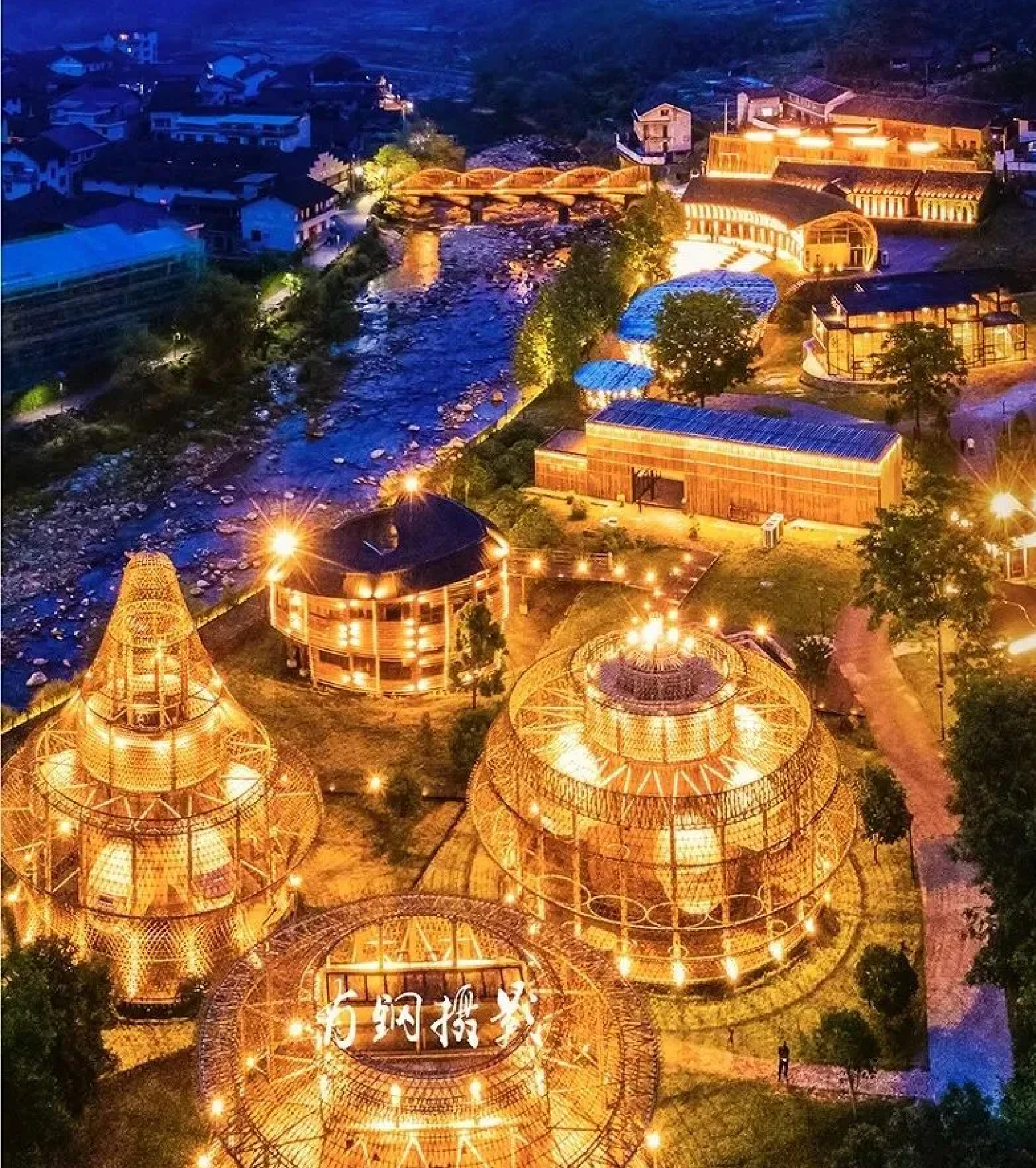
|
Bamboo buildings illuminated at night. Photo credit: Longquan City Media Center (Photographer: ZHANG Yougang) |
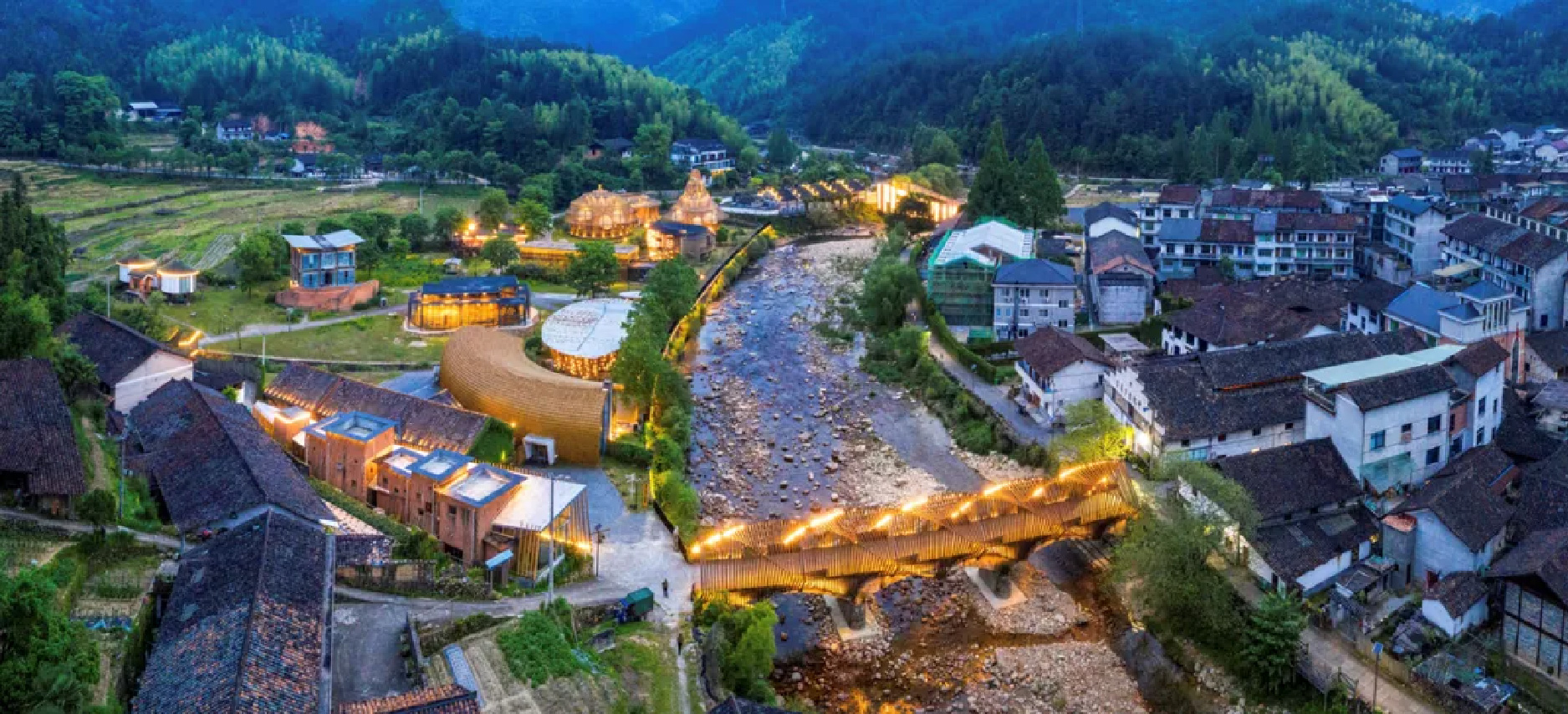
|
Longquan City Media Integration Center |
According to local data, XITOU Village (溪头村) now hosts more than 200 cultural activities annually—drawing around 200,000 visitors, with 70% of villagers employed in tourism-related fields. The annual tourism revenue exceeded 35 million yuan last year, and the village’s collective economy surpassed 1 million yuan.
Moving forward, the village aims to refine its service standards and expand its cultural offerings. Additional training on hospitality, AI, and content creation is scheduled for December, supported by professional associations and the Zhejiang University network. Ultimately, local leaders and university teams hope to transform the vilage into a global showcase of Chinese traditional culture, sustainable rural tourism, and collaborative rural revitalization.
- We extend our gratitude to Prof. WU Maoying (吴茂英) for her dedicated support to XITOU Village (溪头村) and for helping draw academic attention to the intersection of cultural heritage preservation and sustainable rural tourism.
- You can read the original article in Chinese here